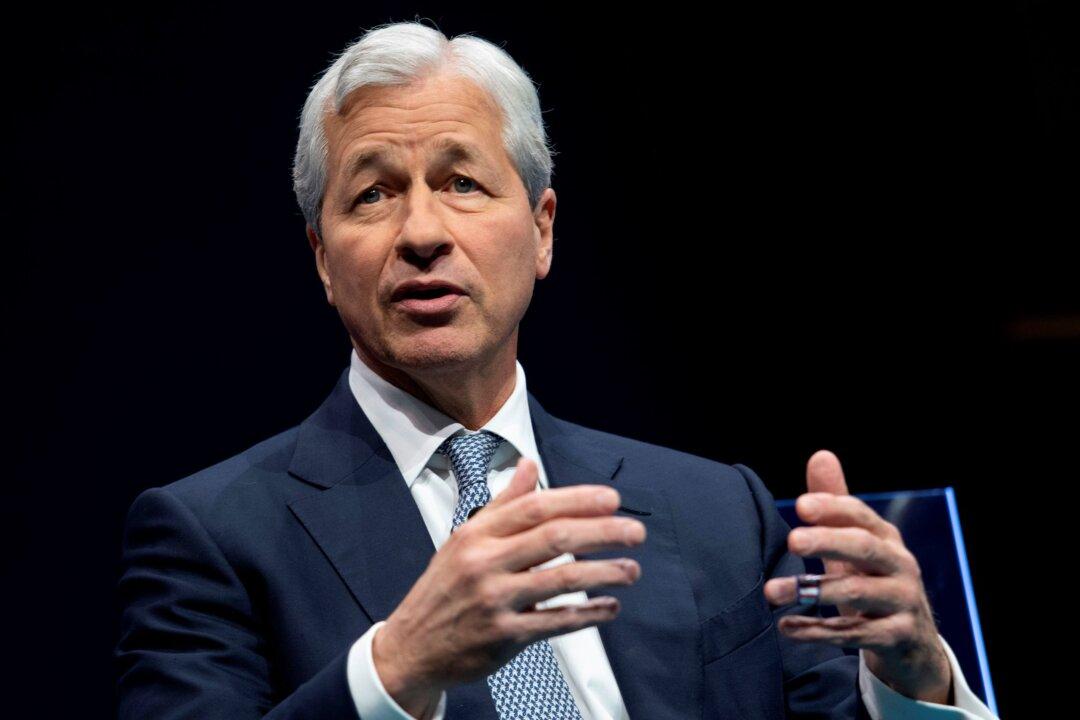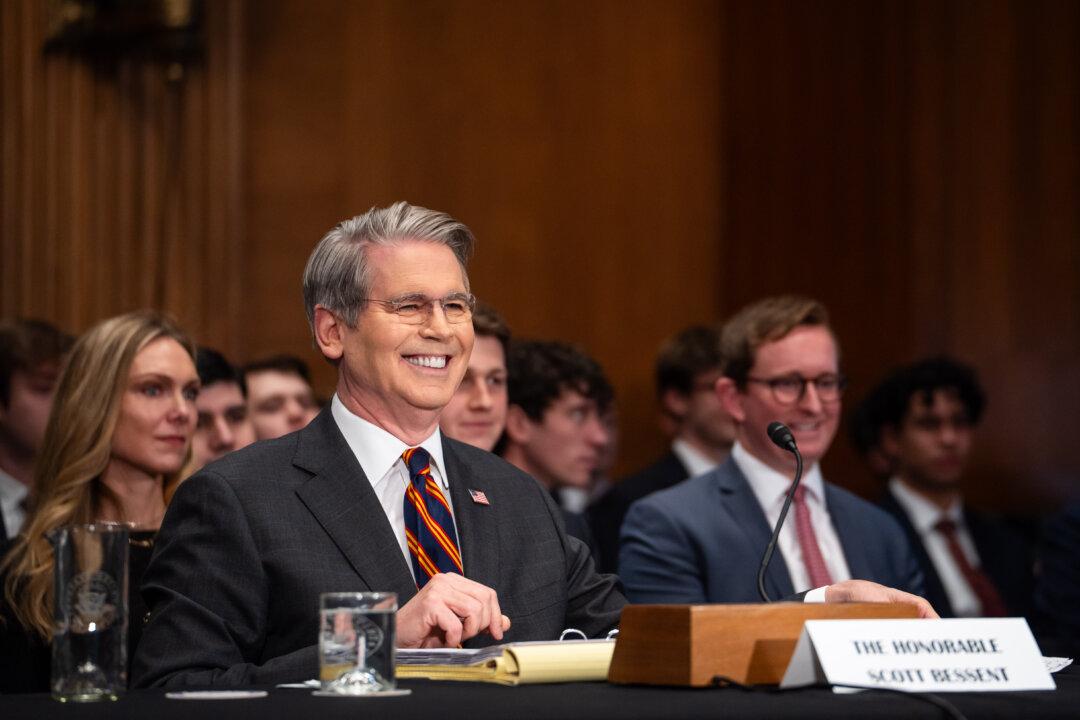JPMorgan Chase CEO Jamie Dimon expressed his dislike of Bitcoin because he considers the cryptocurrency a risky bet for buyers, while raising concerns about its use by global criminal networks.
Bitcoin prices have risen by over 60 percent so far this year, as of March 12, 09:25 a.m. EST, to trade near $72,000 per coin. While speaking about the cryptocurrency during The Australian Financial Review Business Summit on Tuesday, Mr. Dimon said he sees a market bubble, and remains concerned about how the currency is used by criminals. “I defend your right to smoke a cigarette, [and] I’ll defend your right to buy a Bitcoin. I will personally never buy Bitcoin, and I do think it’s a risk if you are a buyer. When governments look at all this stuff, why do they put up with it?” he said.





